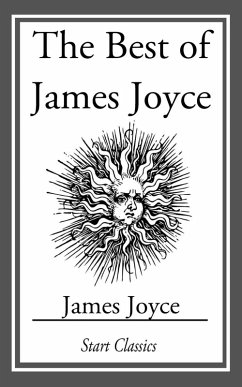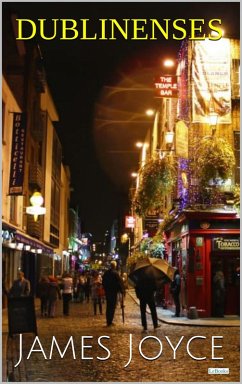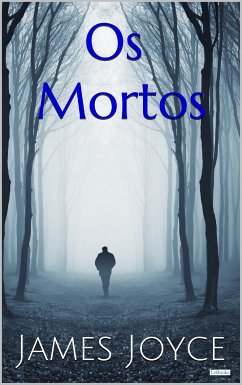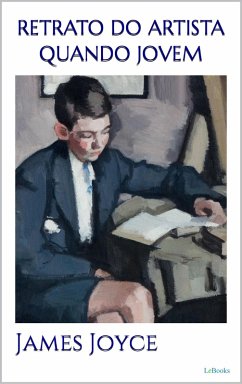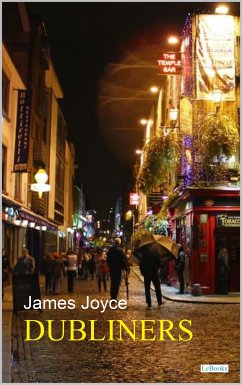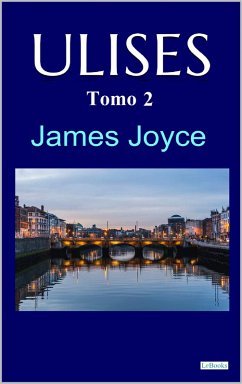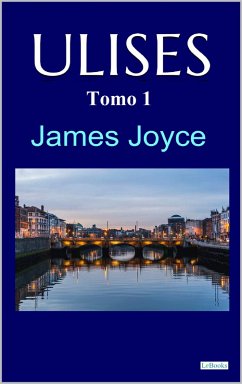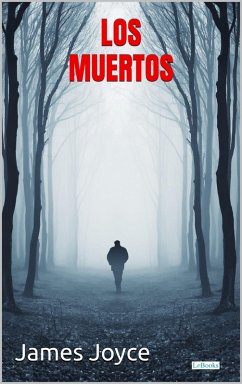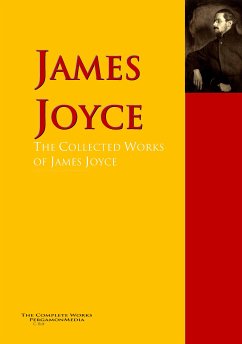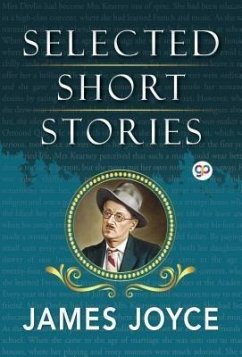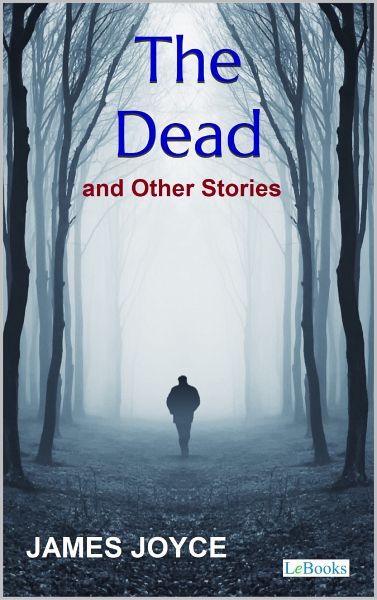
The Dead and Other Stories - James Joyce (eBook, ePUB)

PAYBACK Punkte
0 °P sammeln!
In a list published by an American specialized magazine, which ranked the best short stories of the 20th century, the story chosen as the best was "The Dead" by James Joyce, and there are plenty of reasons for this choice. "The Dead" is the final story in the volume "Dubliners" and differs from the other stories both in its greater length and its poetic intensity and symbolism. The central theme here is the mortality of the human being, which is suggested from the title. But it encompasses much more than that. The description of the New Year's Eve party is a clear example of Joyce's skill in d...
In a list published by an American specialized magazine, which ranked the best short stories of the 20th century, the story chosen as the best was "The Dead" by James Joyce, and there are plenty of reasons for this choice. "The Dead" is the final story in the volume "Dubliners" and differs from the other stories both in its greater length and its poetic intensity and symbolism. The central theme here is the mortality of the human being, which is suggested from the title. But it encompasses much more than that. The description of the New Year's Eve party is a clear example of Joyce's skill in depicting scenes, highlighting aspects that seem of no importance. The complexity that Joyce was able to infuse into his masterpiece "Ulysses" is well known, but the story "The Dead," with its simplicity, is proof of the enormous versatility and talent of this great writer.
Dieser Download kann aus rechtlichen Gründen nur mit Rechnungsadresse in A, B, BG, CY, CZ, D, DK, EW, E, FIN, F, GR, H, IRL, I, LT, L, LR, M, NL, PL, P, R, S, SLO, SK ausgeliefert werden.





